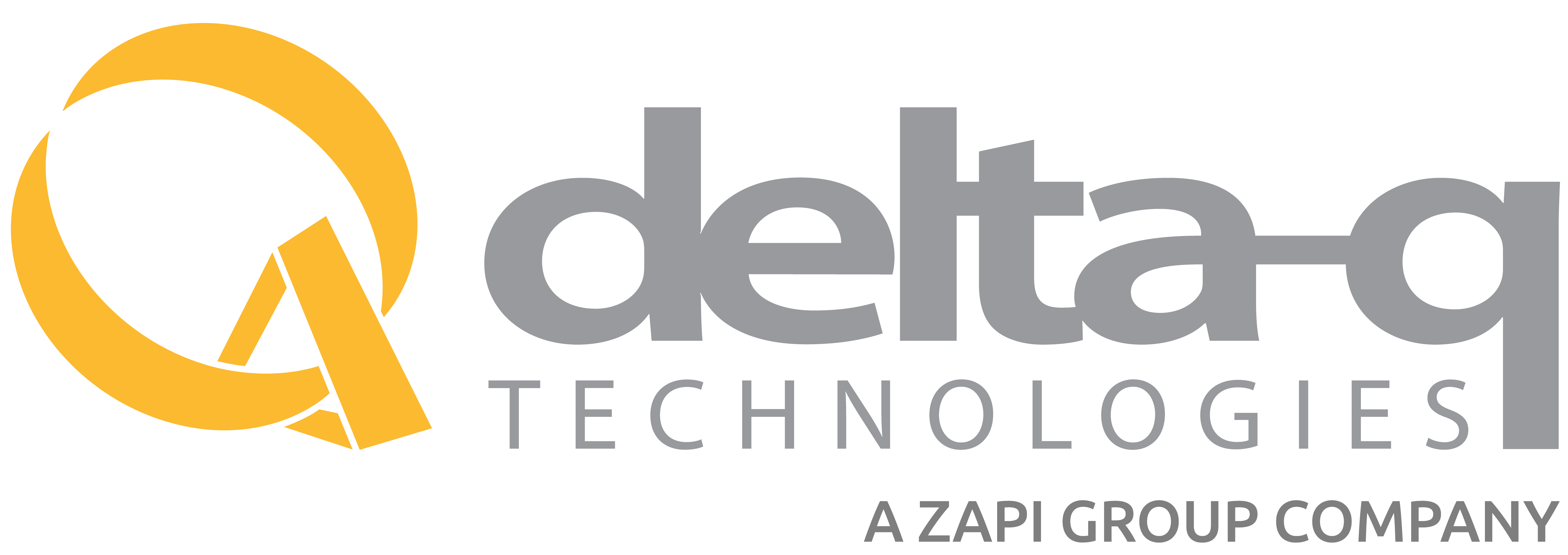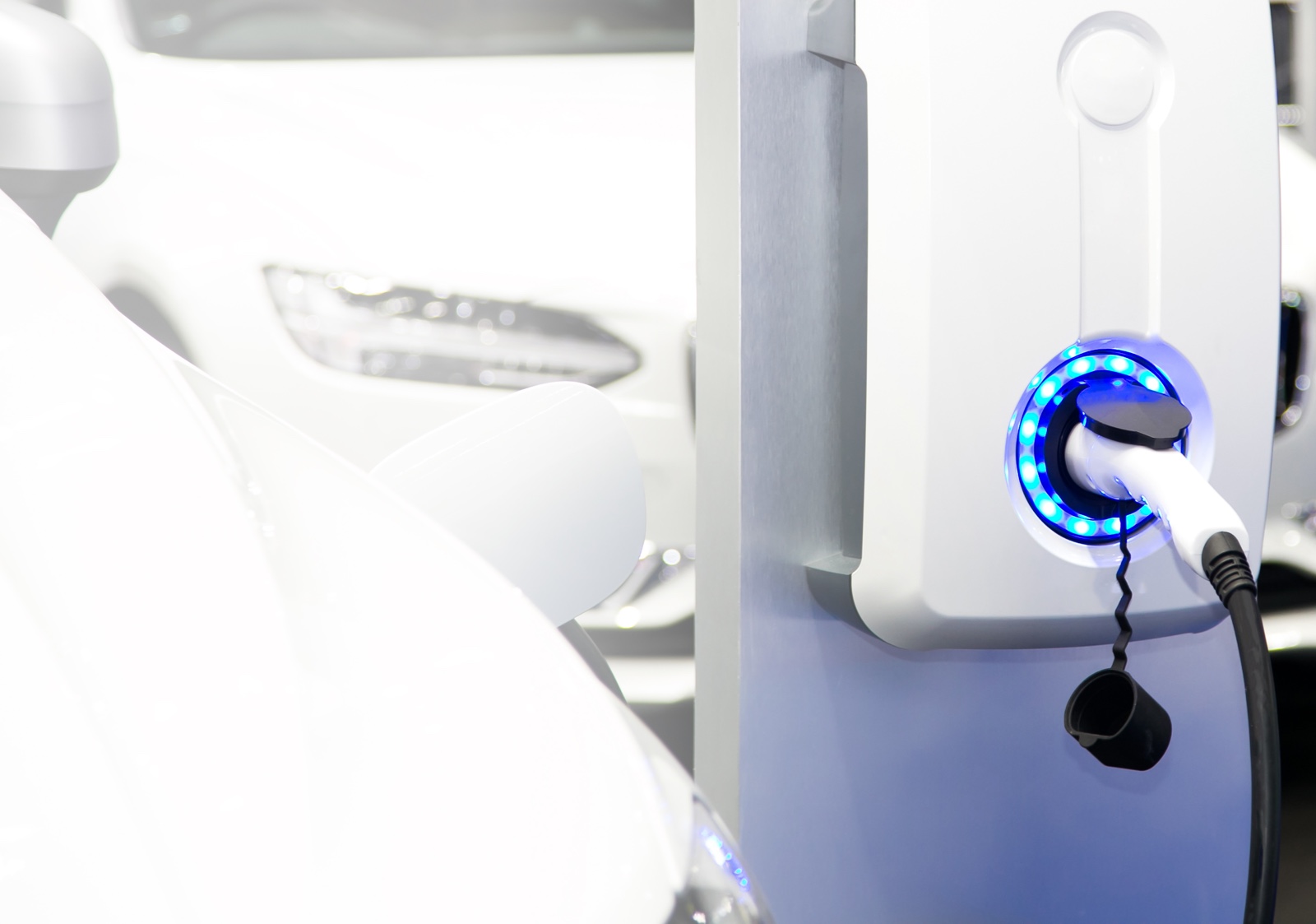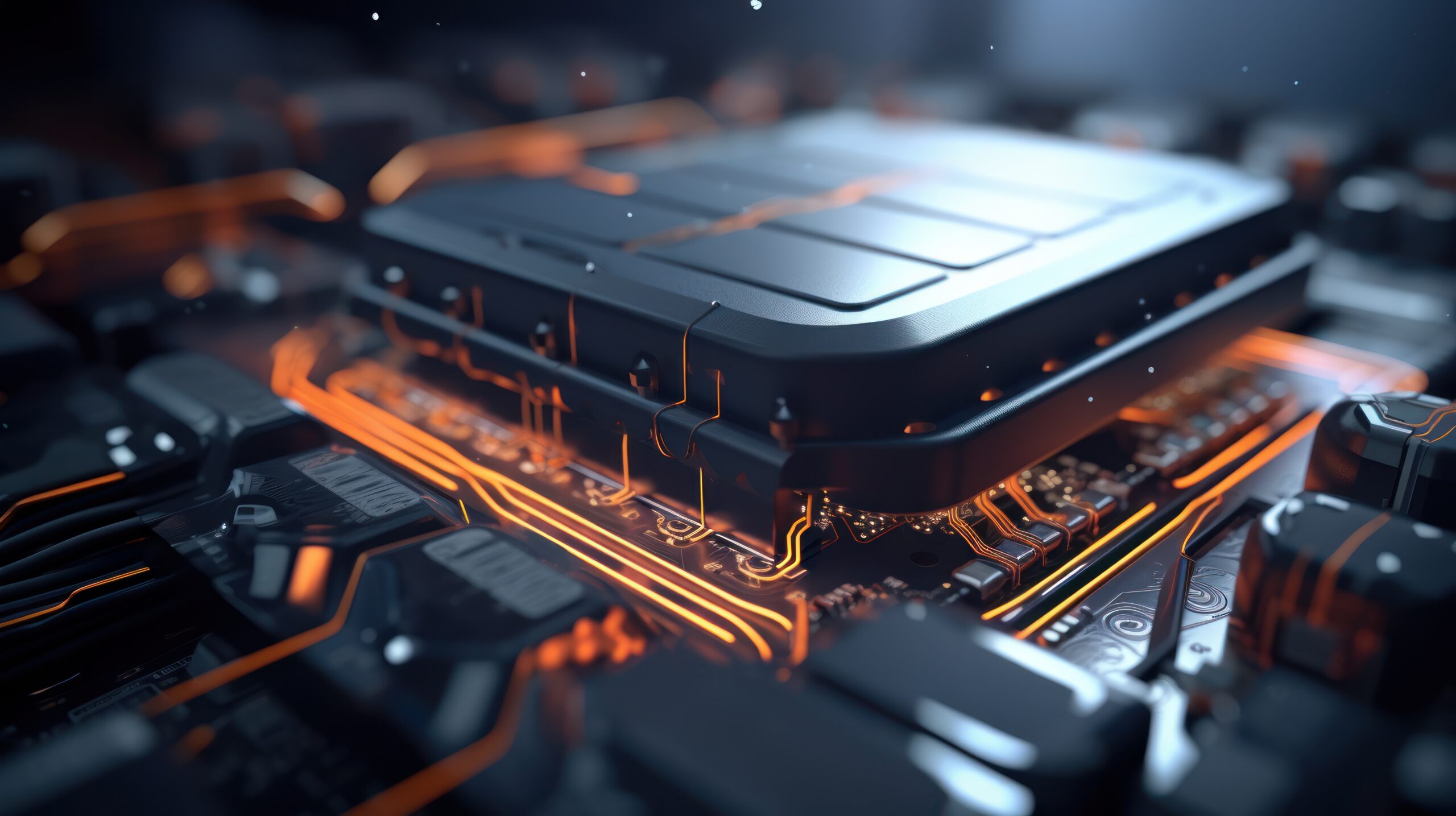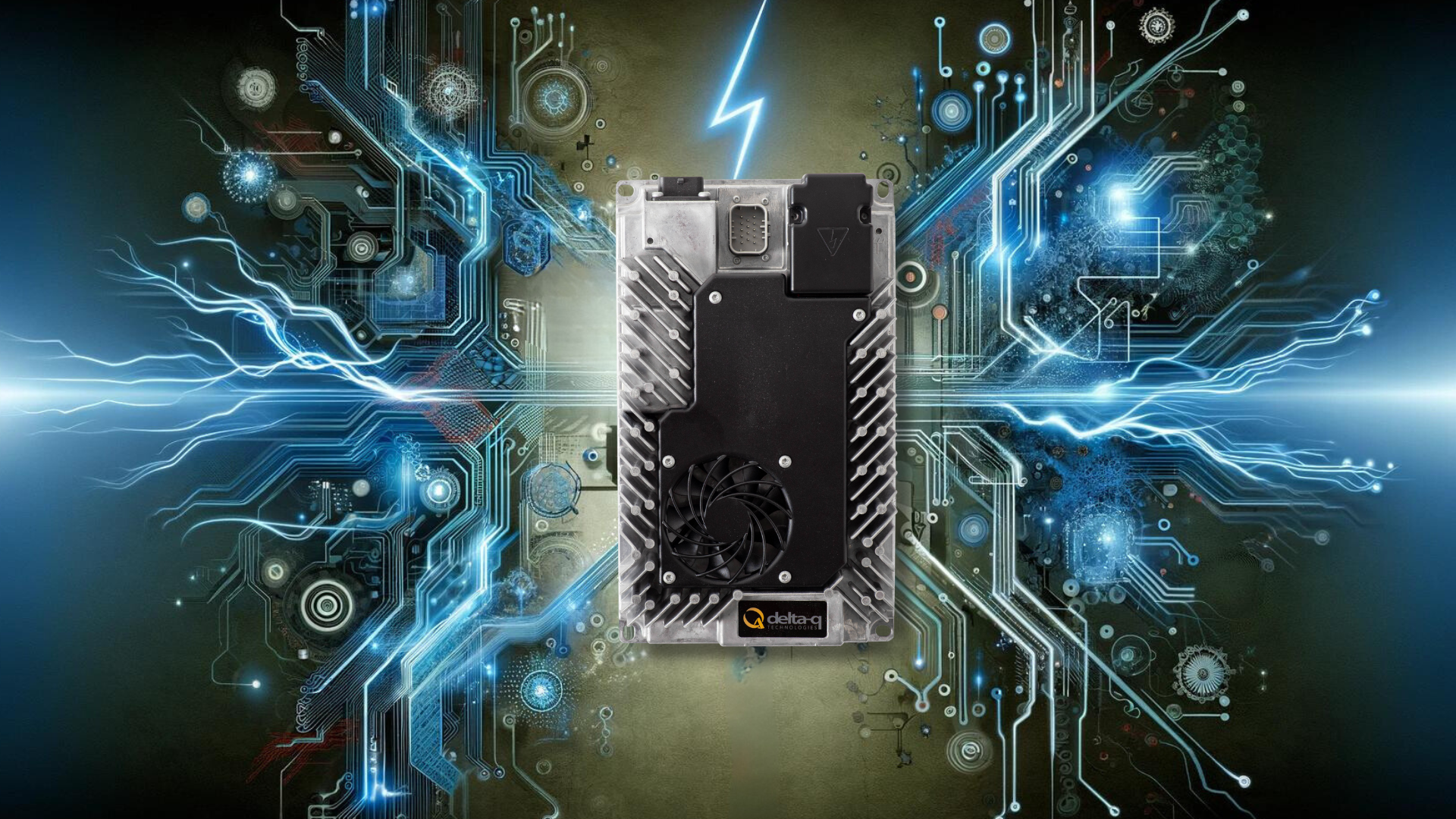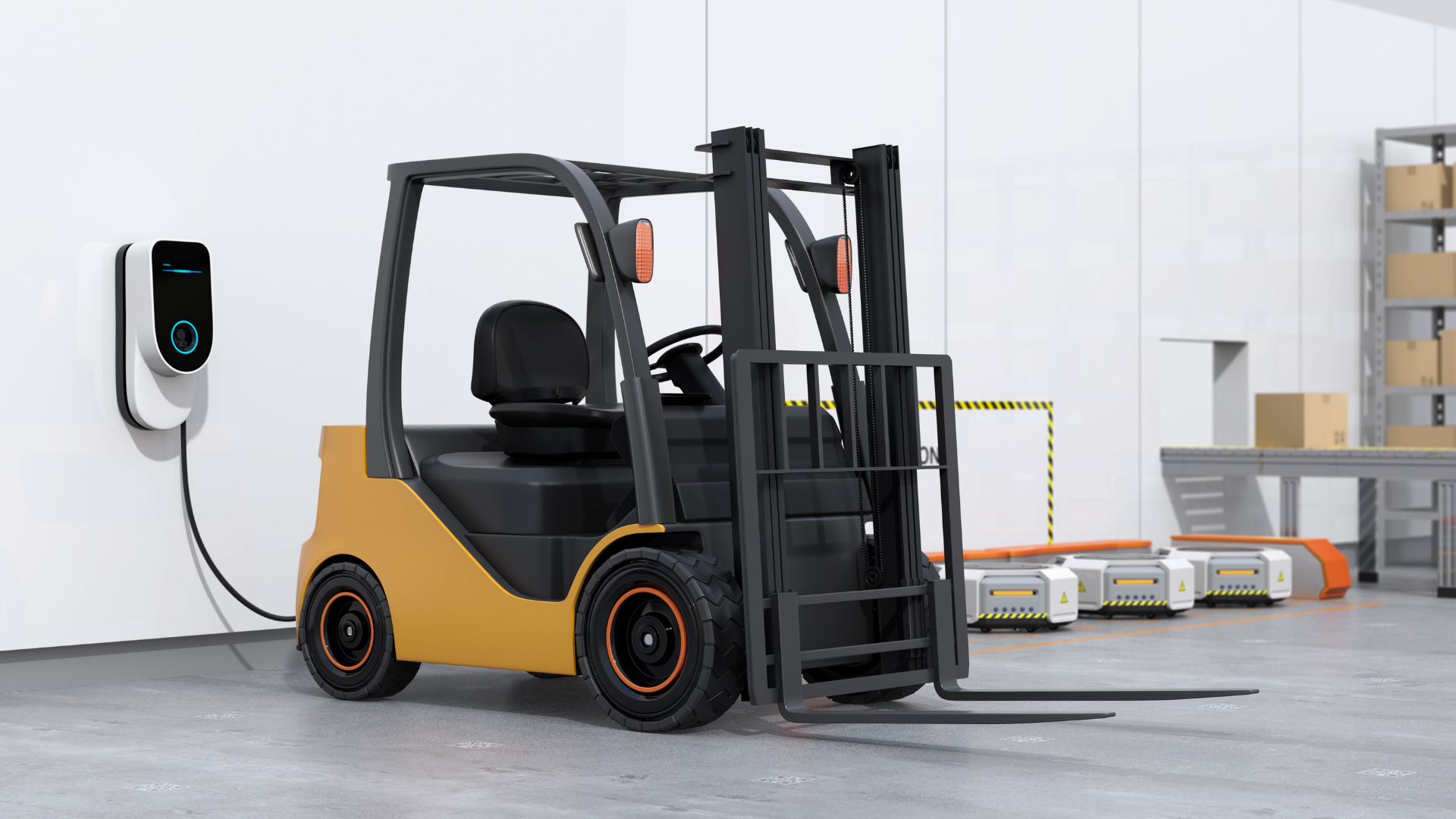Floor machine charger failure can be detrimental to the manufacturer and end-user, causing loss of productivity, increasing operational costs, and negatively impacting the brand’s reputation. To ensure that the on-board charger is consistently putting energy into the batteries, it is crucial to design and test the machine’s hardware durability and software reliability.
Using Delta-Q’s application knowledge from more than 20 years of serving OEMs, we design our battery chargers to resist the failure modes common for on-board floor care machine battery chargers.
Design and Testing of Hardware Durability
Vibration from operating conditions is a challenge to OEMs and equipment operators alike – every floor machine exposes the charger to a different vibration profile, varying from high frequency to mechanical shock. Vibration can shake components inside the charger loose or cause components to contact the inside of the enclosure, which can result in serious and costly maintenance issues.
Delta-Q took an innovative approach to mitigate vibration concerns by developing a fully sealed, rigid die cast aluminum construction that allows for multiple features to be cast-in or enclosed. This die cast construction provides enhanced mechanical support to the power electronic components, and helps the charger resist the consequences of vibration and shock. This unique approach, known as “Design for Manufacture (DFM), is used throughout the product design, which significantly reduces secondary parts and assembly time.
Software Reliability
Poor charging habits can dramatically shorten a lithium-ion batteries’ useful life and replacing it can be very expensive. To ensure operators are getting the most return on investment, it is important to understand what causes a lithium-ion battery to fail, and why charger software is critical to improving battery life of floor care machines.
Parasitic reactions are the main reason lithium-ion batteries die faster. According to Professor Jeff Dahn, the leader of Tesla’s battery research partnership with Dalhousie University, high temperatures and high charge cycles aggravate the parasitic reaction in a lithium-ion battery’s electrolytes. These reactions generally occur during the charge and discharge cycle between the electrolyte and the electrodes inside a lithium-ion battery cell.
To prevent premature degradation and aging, the battery charging system needs to see a reduction of charge rates when the battery is too hot or cold. Since lithium-ion batteries age faster at higher voltages and states of charge, the battery pack should not be fully charged while operating. Instead, it should be limited to a reduced state of charge, which can be managed through the charger’s software. This is especially critical for floor care machines that may be used by different operators at different times of the day – depending on cleaning requirements.
The Charge Series
While these are just the basics of a reliable and durable charging system, Delta-Q is launching a 4-day virtual educational series, “The Charge”, that will dig deeper into this topic.
Hosted by Delta-Q, this series will share best practices around onboard battery charging and how to leverage software and charger data to maximize machine runtimes. Topics will include how to:
- Design and validate chargers’ onboard electric floor machines,
- Mitigate battery failure and safety risks with charger software profiles, and
- Extract charger data to help reduce maintenance spending and improve overall usage.
The educational series consists of three on-demand educational videos followed by a live webinar on Day 4, which will be a Q&A with Delta-Q’s charging experts and an announcement on a new solution that will redefine charger expectations for the floor care industry.
To watch the educational series visit: https://www.youtube.com/watch?v=-3BMNjsM8JA
